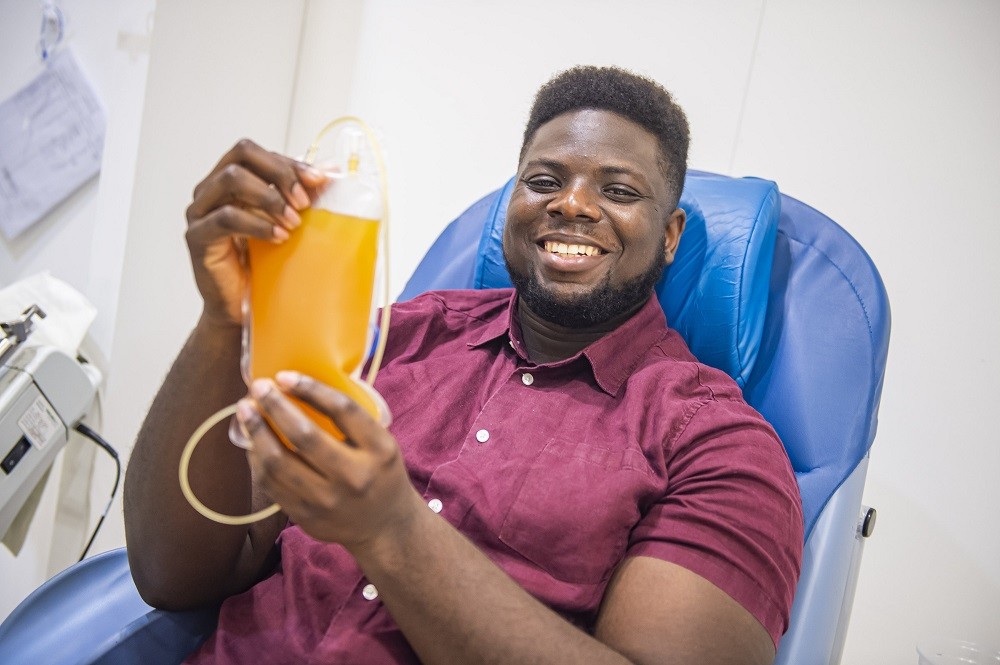Plasma, the liquid part of your blood, is vital for creating life-saving medicines. But Why Donate Plasma? This article explores the crucial role plasma donations play in treating a range of serious illnesses and how your contribution can make a significant difference.
How Donated Plasma Helps Save Lives
Donated plasma is used by organizations like the NHS Blood and Transplant to create essential medicines for over 50 different diseases. These medicines are often the only treatment option available for patients facing life-threatening conditions. Every year, thousands of individuals rely on these plasma-derived therapies.
Plasma-Derived Medicines: Treating a Wide Range of Conditions
Plasma contains vital components like antibodies, also known as immunoglobulins. These antibodies can be extracted and processed into immunoglobulin medicines to support individuals with weakened immune systems. Conditions like primary immune deficiencies, where the body’s natural defense mechanisms are compromised, often require these treatments.
Beyond immune deficiencies, plasma-derived therapies are crucial in treating various other serious health issues. These include:
- Heart Conditions: Certain heart conditions benefit from the specialized proteins found in plasma.
- Blood Disorders: Diseases like autoimmune hemolytic anemia, where the immune system attacks red blood cells, require plasma-derived medicines.
- Nervous System Disorders: Conditions like Guillain-Barre Syndrome, affecting the nervous system, can be treated with plasma therapies.
- Infectious Diseases: Severe bacterial infections, such as toxic shock syndrome, often necessitate the use of plasma-based treatments.
- Liver Disease, Kidney Failure, Sepsis, and Burns: Albumin, a protein found in plasma, is crucial in treating these conditions.
 Plasma donor holding up a bag of plasma
Plasma donor holding up a bag of plasma
The Impact of Your Plasma Donation: Real-Life Examples
The impact of a single plasma donation can be profound. For instance:
- Approximately 21 plasma donations can help save the life of an infant with Kawasaki disease, preventing potential heart complications.
- Roughly 50 donations are needed to treat someone with autoimmune hemolytic anemia.
- Around 56 donations are required for a patient with Guillain-Barre Syndrome.
- Approximately 124 donations can help someone battling toxic shock syndrome.
- A patient with a primary immune disorder might require around 130 donations annually.
These figures highlight the ongoing need for plasma donations and underscore the life-saving potential of each contribution.
Conclusion: The Importance of Donating Plasma
Donating plasma is a selfless act with a significant impact. Your contribution can provide life-saving treatment for individuals battling a variety of serious illnesses. By donating plasma, you become a vital part of a network that supports and sustains those in need. Consider becoming a plasma donor today—your donation can truly make a difference.